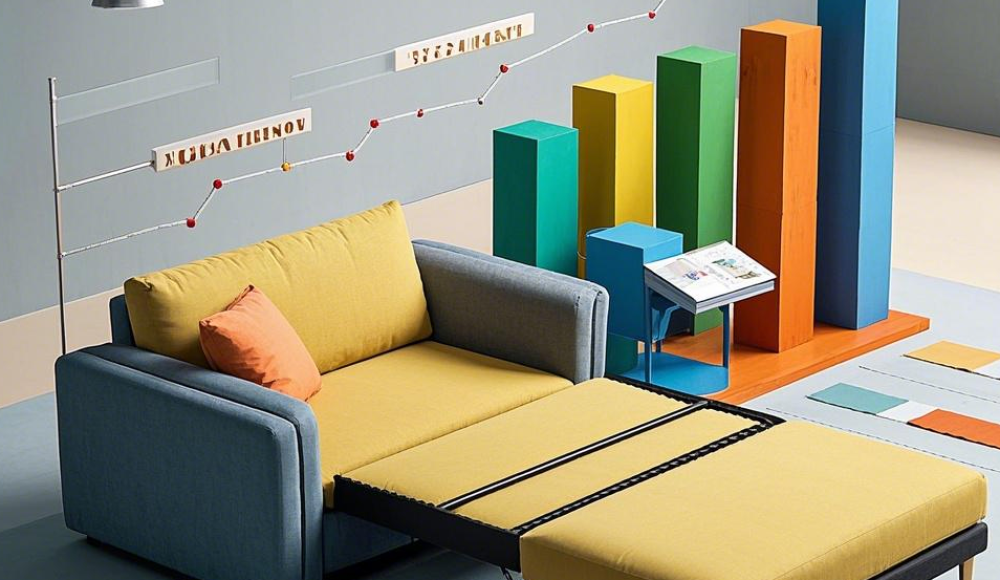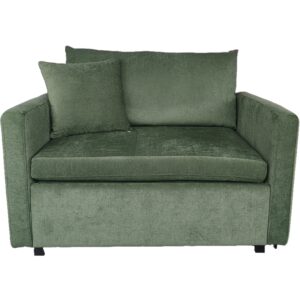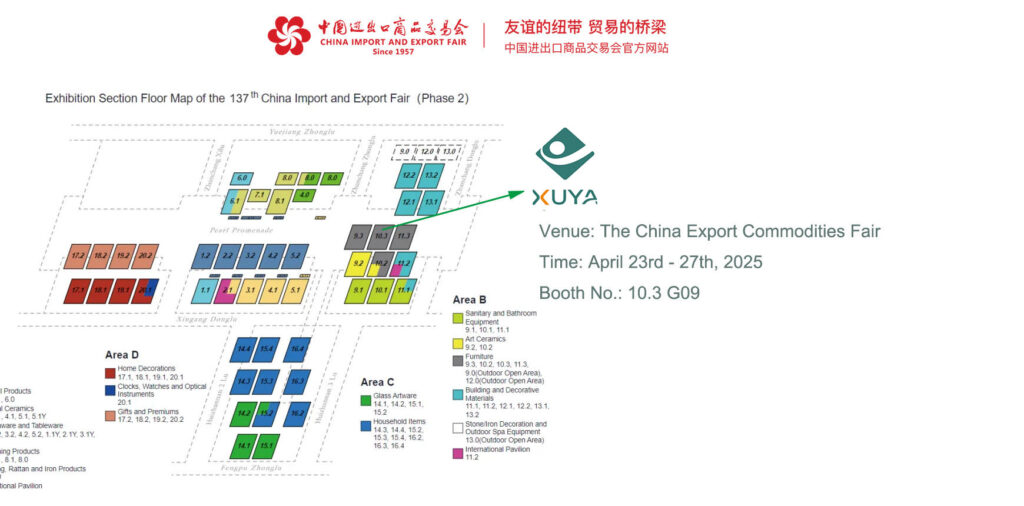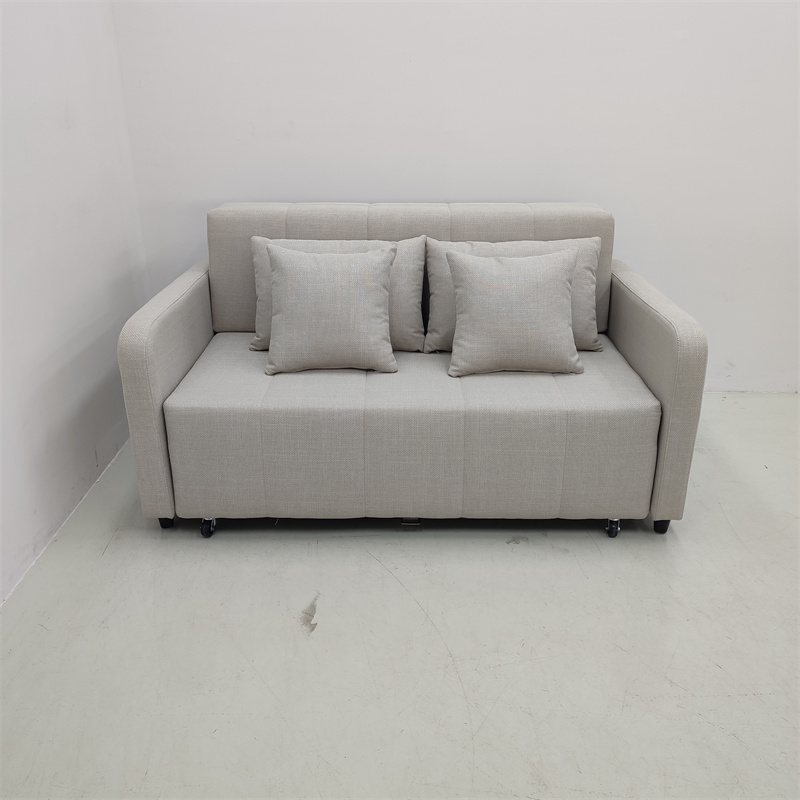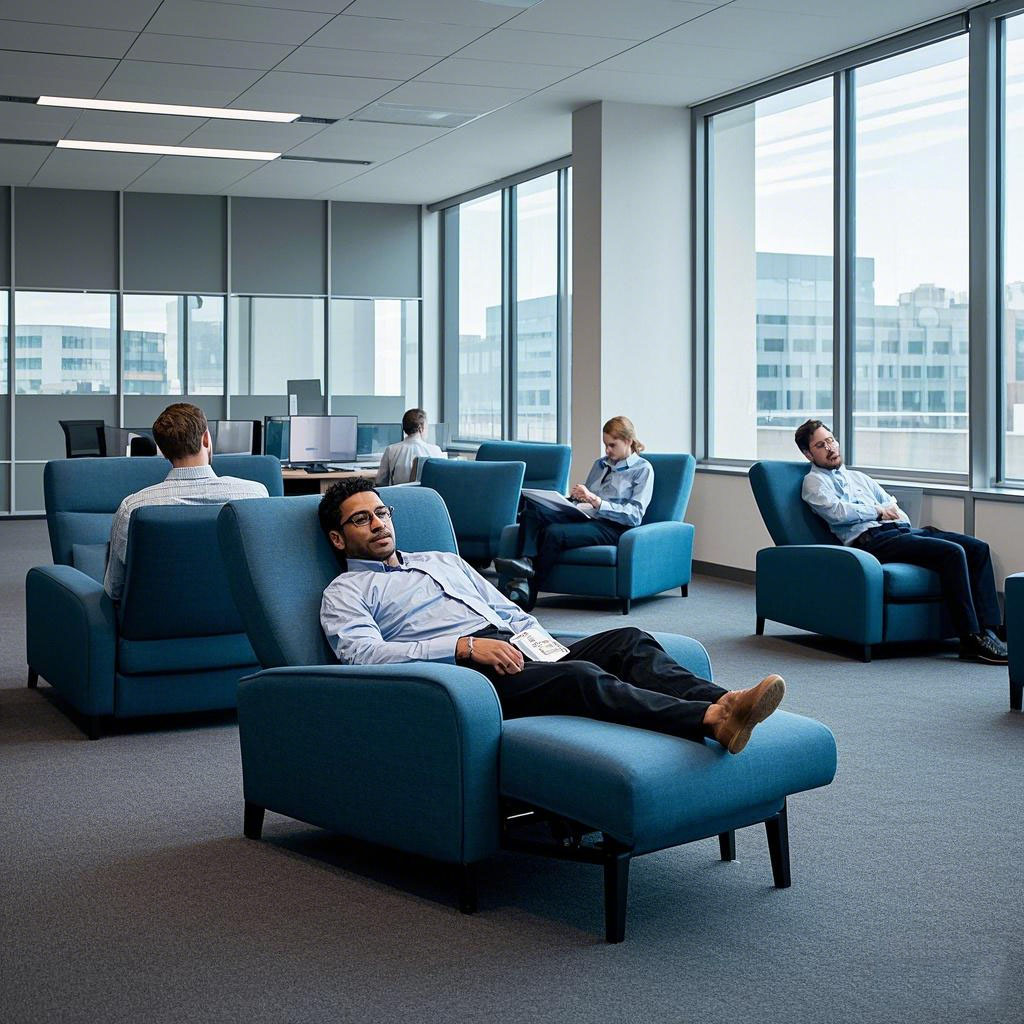According to China Report Hall, in 2022, the global sofa bed market was valued at 95.25 billion yuan. It’s projected to hit 132.188 billion yuan by 2028, with an estimated annual compound growth rate of 5.41% during the forecast period.
The sofa bed market is expected to show the following trends in the future:
Accelerated intelligence trend
Functional intelligence: Sofa beds will come with more smart features. For example, they can be controlled via mobile apps or voice commands to unfold and fold automatically. They may also integrate sleep monitoring systems that track sleep quality, heart rate, and breathing data, and offer corresponding health tips.
Environment adaptation: Capable of sensing the environment, they’ll adjust themselves based on factors like indoor light, temperature, and humidity. This could include adjusting lighting or activating ventilation and heating functions.
Integration with smart home systems: They’ll become part of the broader smart home ecosystem, interacting and being controlled in tandem with other smart devices like speakers, curtains, and air conditioners.
Deepening environmental protection and sustainability
Eco-friendly materials: There will be a greater use of natural, renewable, and biodegradable materials. This includes natural fiber fabrics, organic cotton, bamboo, as well as low-emission and chemical-free artificial boards and adhesives.
Green production: Manufacturers will optimize production processes, adopting energy-efficient equipment and techniques to cut down on energy consumption and waste during production, thus improving resource utilization.
Recyclability and reuse: Product designs will focus on making components easy to recycle and disassemble. This will enable the parts and materials to be recycled, reprocessed, and reused at the end of the sofa bed’s lifespan.
Surge in personalized customization needs
Custom sizing and shaping: Consumers will be able to customize the length, width, height, and unique shapes of sofa beds to fit their specific living or bedroom spaces.
Material and fabric choices: A wide range of materials and fabrics will be available. Customers can select from options like genuine leather, faux leather, fabric, and technical fabric, along with various colors, patterns, and textures to match their preferences and budgets.
Function customization: Buyers can choose to add features like storage, massage, or electric adjustment functions, and also customize the size and location of storage compartments and the intensity and modes of the massage function.
Diversification of design and style
Mixed style elements: Sofa beds will blend different design styles, combining modern minimalist lines with decorative details from retro or ethnic styles.
Ergonomic design focus: Greater emphasis will be placed on ergonomics. Whether used as a sofa or a bed, the furniture will provide comfortable support and good sitting and lying postures.
Sleek and minimalist appearance: Following modern aesthetic trends, sofa beds will have a thinner and more minimalist look, with simple shapes and smooth lines for an elegant feel.
Online-offline sales channel integration
Online expansion: Online platforms will offer more detailed product information and virtual display capabilities. Technologies like 3D modeling, VR, and AR will let consumers visualize the sofa beds’ appearance, structure, and functionality more realistically.
Enhanced offline experience: Physical stores will focus on experiential marketing, creating model rooms of various styles for customers to experience the comfort and quality of sofa beds. Professional sales assistance and personalized design advice will also be provided.
Online-offline synergy: This will involve unified pricing, online ordering with offline pickup or installation, and offline trials with online purchases, ensuring a seamless shopping experience for consumers.



